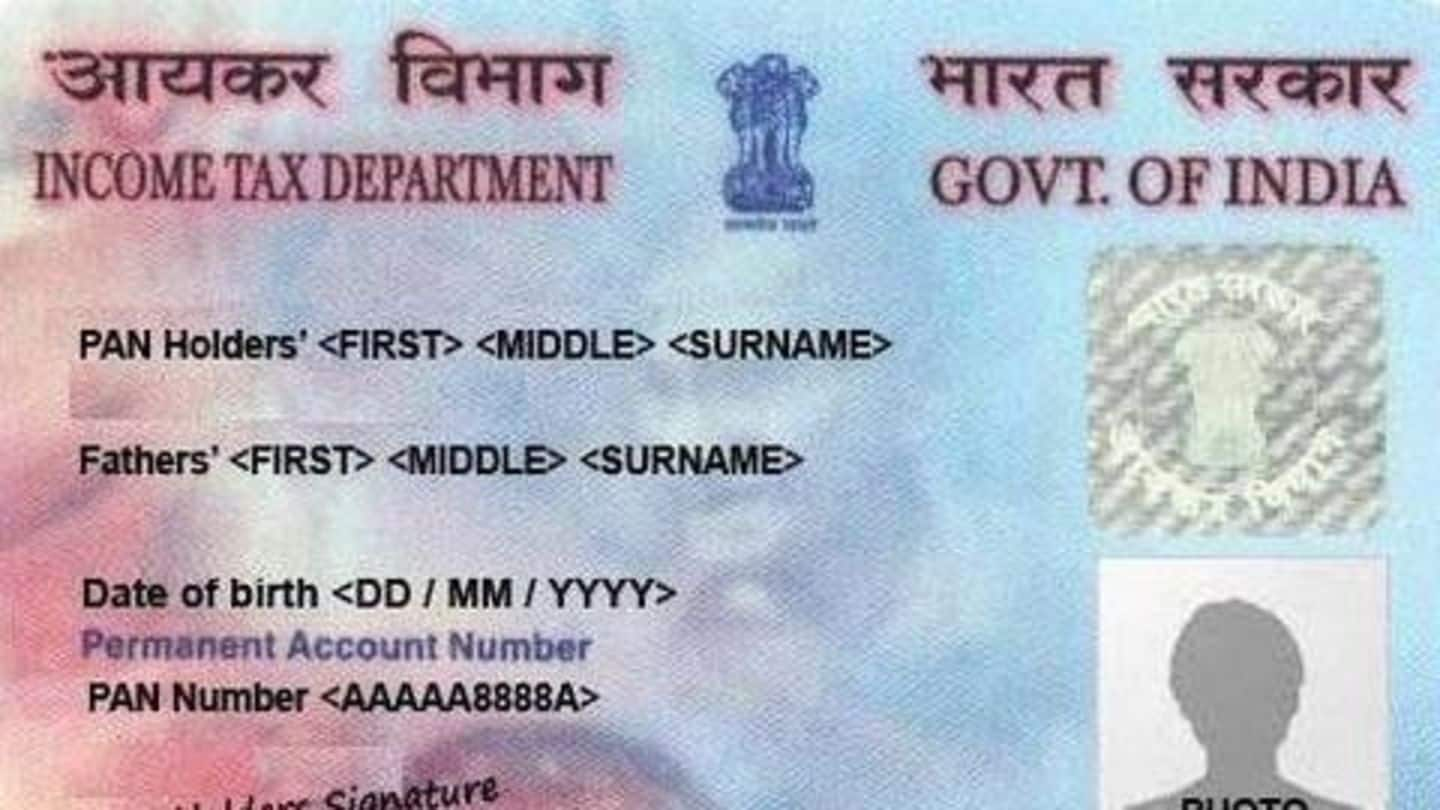
Important rules about PAN card you must know
What's the story
Permanent Account Number (PAN) is a unique, ten-digit alphanumeric identity issued by the Income Tax Department to all taxpayers in India.
PAN facilitates instrumental transactions such as tax payments, entering certain financial contracts, and filing I-T returns.
It also serves as a government-verified proof of identity.
Here, we list latest rules about PAN card, you must know.
Rules (1)
Rules about FD account, cash deposits, and sale/purchase of immovable-property
PAN is necessary for starting a time deposit or fixed deposit account with any financial institution, exceeding the value of Rs. 50,000.
PAN is also mandatory for cash deposits worth more than Rs. 50,000 in a Post office savings account, or bank account.
One also needs to furnish PAN card credentials for selling or purchasing immovable property valued at Rs. 5 lakh or above.
Rules (2)
Rules about hotel/restaurant bill payments, pay-order limit, and debit/credit cards
For making payment of hotel/restaurant bills above Rs. 25,000 at one point, one needs to furnish their PAN.
PAN is also mandatory for buying of a bank draft, pay order, or banker's cheque for an amount of Rs. 50,000 or more, in a day.
One also needs to quote their PAN while applying for a debit/credit card.
Rules (3)
Rules about other major financial payments, and linkage with Aadhaar
PAN is mandatory for making payment of Rs. 50,000 or more, for acquiring the shares, debentures, or bonds of a company or institution.
Also, payment of Rs. 50,000 or beyond, in a year, for life insurance premium also requires PAN details.
Further, the Supreme Court recently pronounced that it is mandatory to link PAN with Aadhaar, in order to legitimately file I-T returns.